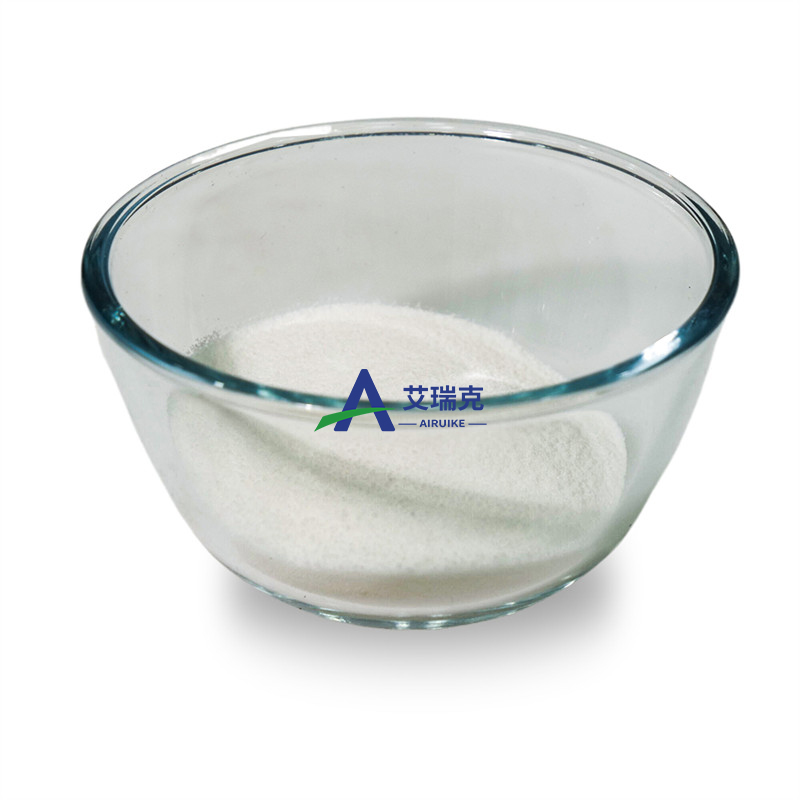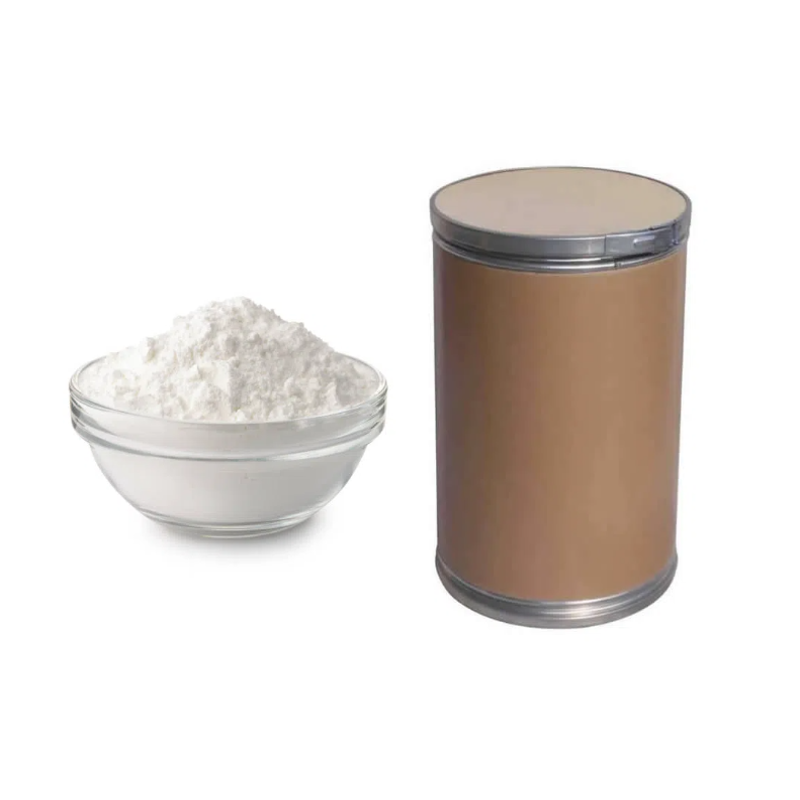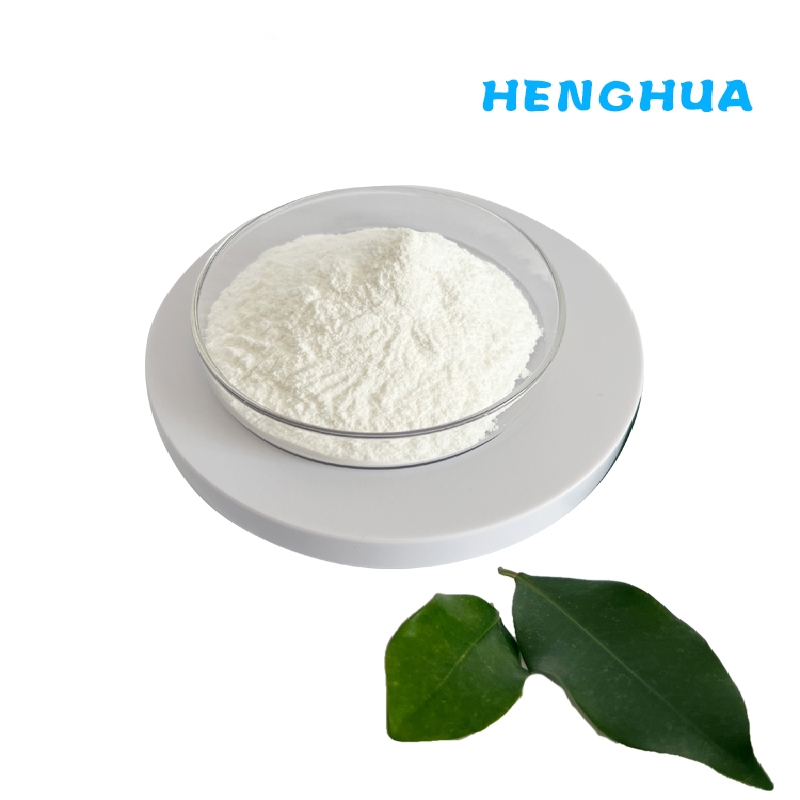-
Categories
-
Pharmaceutical Intermediates
-
Active Pharmaceutical Ingredients
-
Food Additives
- Industrial Coatings
- Agrochemicals
- Dyes and Pigments
- Surfactant
- Flavors and Fragrances
- Chemical Reagents
- Catalyst and Auxiliary
- Natural Products
- Inorganic Chemistry
-
Organic Chemistry
-
Biochemical Engineering
- Analytical Chemistry
-
Cosmetic Ingredient
- Water Treatment Chemical
-
Pharmaceutical Intermediates
Promotion
ECHEMI Mall
Wholesale
Weekly Price
Exhibition
News
-
Trade Service
Bladder sparing therapy (TMT) is one of the standard treatment options for patients with clinically limited myometrial invasive bladder cancer (MIBC)
.
Pembrolizumab has shown anti-tumor activity when used in the neoadjuvant treatment of MIBC, and its combination with TMT may better improve patient outcomes
.
The researchers conducted a phase II study to explore the efficacy and safety of pembrolizumab + gemcitabine (Gem) + simultaneous hypofractionated radiotherapy (RT) for muscularis sparing invasive bladder cancer (MIBC)
.
At this year's ASCO conference, researchers announced preliminary results
.
Methods: This is a multicenter phase II study, including cT2-T4aN0M0 staging refusal or unsuitable for cystectomy (RC) MIBC patients, ECOG PS 0/1, eGFR> 30 cc/min, no pelvic RT or Pabolide Contraindications to Rizumab
.
The enrolled patients received pembrolizumab (200 mg) followed by transurethral resection of bladder tumor (TURBT) for 2 to 3 weeks, followed by bladder radiotherapy (RT) (52 Gy/20 fx; IMRT priority) + gemcitabine ( 27 mg/m2) + Pembrolizumab (Q3W), 12 weeks after RT, CT/MR AP, TUR and cytology were performed to record the response
.
6 patients joined the safety analysis cohort (SC), and 48 patients formed the efficacy analysis cohort (EC)
.
The primary endpoint was the 2-year bladder intact disease-free survival rate (BIDFS) assessed by cytology and CT/MRI, and the secondary endpoints were safety, 12-week complete remission rate, metastasis-free survival rate, and overall survival
.
Results: From May 2016 to October 2020, 54 patients from 5 centers were enrolled in the study, of which 6 were included in the safety analysis cohort, 48 were included in the efficacy analysis cohort, 72% of the patients were male, the SC cohort and the EC cohort The median age is 67 and 74 years
.
74%, 22%, and 4% of patients had cT2, cT3, and cT4 stages, 72% (39 cases) of patients refused bladder cancer resection, and all patients in the SC team and 88% of patients in the EC cohort (42/48) completed the study plan Treatment options
.
Respectively, 1/48 (2%), 2/48 (4%), 4/48 (8%) patients discontinued RT/gemcitabine, gemcitabine, or pembrolizumab treatment
.
As of January 2021, the median follow-up time for the SC cohort and EC cohort was 40.
9 months and 11.
7 months, respectively.
There were no recurrence events in the SC cohort, and 12 patients (48 in total) in the EC cohort had relapses (6 cases of non-muscular layer).
Invasive bladder cancer [NMIBC], 0 cases of MIBC, 2 cases of local recurrence, 4 cases of distant recurrence)
.
It is estimated that the 1-year BIDFS is 77%, the 12-week complete remission rate of the SC cohort is 100%, and the 12-week complete remission rate of the EC cohort is 83% (1 case of partial remission, 3 cases of ineffectiveness, 1 case of disease progression, 11 cases of unassessable, 2 The case is still under study)
.
In the EC cohort, 35% of patients had treatment-related adverse events of grade 3 and above, including urinary tract infection (UTI, 8%), diarrhea 4%, colitis 4%, bladder pain/obstruction 4%, and neutropenia 2 %, thrombocytopenia decreased by 2%
.
It is worth noting that 6% of patients in the pembrolizumab group had grade 3 gastrointestinal toxicity, and 1 patient had grade 4 colon perforation
.
One patient died of fungal infection, not related to the study treatment plan
.
Conclusion: Pembrolizumab + high-dose fractional radiotherapy + gemcitabine twice a week is well tolerated, and has shown promising anti-tumor activity in early clinical studies.
Pembrolizumab-related adverse events are related to the past The research is similar
.
Clinical trial information: NCT02621151
.
Reference: Pembrolizumab (pembro) in combination with gemcitabine (Gem) and concurrent hypofractionated radiation therapy (RT) as bladder sparing treatment for muscle-invasive urothelial cancer of the bladder (MIBC): A multicenter phase 2 trial.
abstract 4504.
Oral Abstract Session
.
Pembrolizumab has shown anti-tumor activity when used in the neoadjuvant treatment of MIBC, and its combination with TMT may better improve patient outcomes
.
The researchers conducted a phase II study to explore the efficacy and safety of pembrolizumab + gemcitabine (Gem) + simultaneous hypofractionated radiotherapy (RT) for muscularis sparing invasive bladder cancer (MIBC)
.
At this year's ASCO conference, researchers announced preliminary results
.
Methods: This is a multicenter phase II study, including cT2-T4aN0M0 staging refusal or unsuitable for cystectomy (RC) MIBC patients, ECOG PS 0/1, eGFR> 30 cc/min, no pelvic RT or Pabolide Contraindications to Rizumab
.
The enrolled patients received pembrolizumab (200 mg) followed by transurethral resection of bladder tumor (TURBT) for 2 to 3 weeks, followed by bladder radiotherapy (RT) (52 Gy/20 fx; IMRT priority) + gemcitabine ( 27 mg/m2) + Pembrolizumab (Q3W), 12 weeks after RT, CT/MR AP, TUR and cytology were performed to record the response
.
6 patients joined the safety analysis cohort (SC), and 48 patients formed the efficacy analysis cohort (EC)
.
The primary endpoint was the 2-year bladder intact disease-free survival rate (BIDFS) assessed by cytology and CT/MRI, and the secondary endpoints were safety, 12-week complete remission rate, metastasis-free survival rate, and overall survival
.
Results: From May 2016 to October 2020, 54 patients from 5 centers were enrolled in the study, of which 6 were included in the safety analysis cohort, 48 were included in the efficacy analysis cohort, 72% of the patients were male, the SC cohort and the EC cohort The median age is 67 and 74 years
.
74%, 22%, and 4% of patients had cT2, cT3, and cT4 stages, 72% (39 cases) of patients refused bladder cancer resection, and all patients in the SC team and 88% of patients in the EC cohort (42/48) completed the study plan Treatment options
.
Respectively, 1/48 (2%), 2/48 (4%), 4/48 (8%) patients discontinued RT/gemcitabine, gemcitabine, or pembrolizumab treatment
.
As of January 2021, the median follow-up time for the SC cohort and EC cohort was 40.
9 months and 11.
7 months, respectively.
There were no recurrence events in the SC cohort, and 12 patients (48 in total) in the EC cohort had relapses (6 cases of non-muscular layer).
Invasive bladder cancer [NMIBC], 0 cases of MIBC, 2 cases of local recurrence, 4 cases of distant recurrence)
.
It is estimated that the 1-year BIDFS is 77%, the 12-week complete remission rate of the SC cohort is 100%, and the 12-week complete remission rate of the EC cohort is 83% (1 case of partial remission, 3 cases of ineffectiveness, 1 case of disease progression, 11 cases of unassessable, 2 The case is still under study)
.
In the EC cohort, 35% of patients had treatment-related adverse events of grade 3 and above, including urinary tract infection (UTI, 8%), diarrhea 4%, colitis 4%, bladder pain/obstruction 4%, and neutropenia 2 %, thrombocytopenia decreased by 2%
.
It is worth noting that 6% of patients in the pembrolizumab group had grade 3 gastrointestinal toxicity, and 1 patient had grade 4 colon perforation
.
One patient died of fungal infection, not related to the study treatment plan
.
Conclusion: Pembrolizumab + high-dose fractional radiotherapy + gemcitabine twice a week is well tolerated, and has shown promising anti-tumor activity in early clinical studies.
Pembrolizumab-related adverse events are related to the past The research is similar
.
Clinical trial information: NCT02621151
.
Reference: Pembrolizumab (pembro) in combination with gemcitabine (Gem) and concurrent hypofractionated radiation therapy (RT) as bladder sparing treatment for muscle-invasive urothelial cancer of the bladder (MIBC): A multicenter phase 2 trial.
abstract 4504.
Oral Abstract Session







